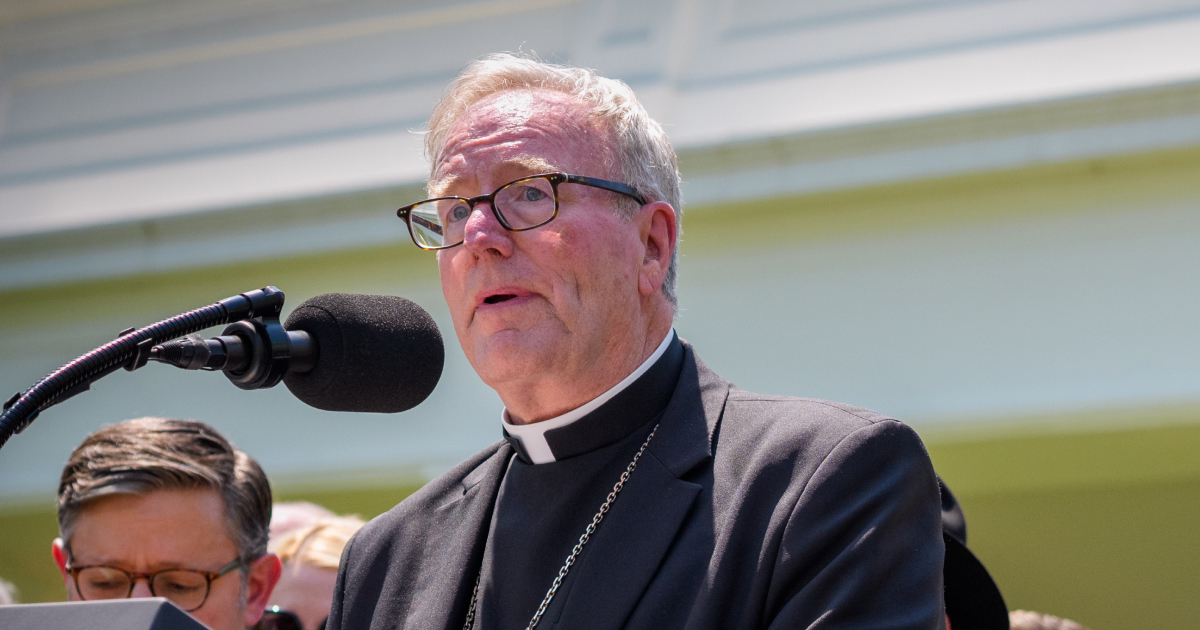The Trump administration is not pursuing its campaign promise to mandate health insurance coverage for in vitro fertilisation (IVF), despite repeated assurances during the 2024 presidential race.
According to a report published on Sunday by the Washington Post, the White House has decided against asking Congress to introduce legislation making IVF coverage compulsory, and does not plan to impose such a requirement through executive action.
In August 2024, while campaigning for re-election, US President Donald Trump declared that his administration would ensure all IVF costs were covered either by insurance or the federal government.
“Under the Trump administration, your government will pay for — or your insurance company will be mandated to pay for — all costs associated with IVF treatment,” he said during a rally.
“Because we want more babies, to put it nicely.”
However, sources familiar with internal White House discussions told the Washington Post that the administration has since retreated from this position.
They confirmed that no legislative proposals are currently being drafted and that the issue is not being treated as a priority. Although President Trump issued an executive order earlier this year directing federal agencies to examine policies to reduce IVF costs and improve access, insiders say the administration is not seeking to compel insurers to cover the treatment.
The shift from Trump’s earlier stance has drawn criticism from some quarters. His statement last year was one of the most unequivocal endorsements of subsidised IVF treatment by a sitting president. The pledge came amidst growing concern among Republicans about the political fallout of state-level restrictions on assisted reproductive technologies following the Supreme Court’s 2022 decision to overturn Roe v. Wade.
Despite the campaign rhetoric, White House officials now say the mandate is not feasible without Congressional action. Legislative attempts to expand IVF access have stalled in Congress. One such effort, the proposed Protect IVF Act, has received backing from some Democrats and moderate Republicans but has not advanced beyond committee stage.
According to the Washington Post, the administration is exploring alternatives such as “restorative reproductive care” models, which focus on natural fertility and hormonal health. Critics argue that such approaches are unlikely to satisfy couples seeking direct access to IVF, a procedure that can cost upwards of $20,000 per cycle and is only covered by insurance in a handful of US states.
While a majority of Americans continue to support IVF access—approximately 70 per cent according to a 2024 Pew Research poll—federal policy remains inconsistent. The Affordable Care Act does not require insurers to cover fertility treatment, and the Trump administration’s refusal to act leaves millions of Americans with limited or no affordable options.
The Catholic Church has long opposed IVF on moral and theological grounds. Donum Vitae, a 1987 instruction of the Congregation for the Doctrine of the Faith, states that IVF separates procreation from the marital act and often involves the destruction of embryos.
In this light, some Catholic observers have raised concerns not only about the broken political promise, but also about the broader normalisation of artificial reproductive technologies without ethical safeguards.
At the same time, pro-life advocates have expressed ambivalence over the administration’s position. Some welcome the shift away from federally mandated coverage, citing concerns about state-funded embryo creation and destruction.
Others, particularly within the Republican coalition, had hoped the Trump administration would offer a pro-natalist policy framework in response to declining birthrates.
Trump has yet to comment publicly on the White House’s decision not to pursue the IVF mandate. His campaign continues to feature pro-family rhetoric, but the policy gap has left both supporters and critics questioning how reproductive health policy will evolve during this second Trump term.





.png)











